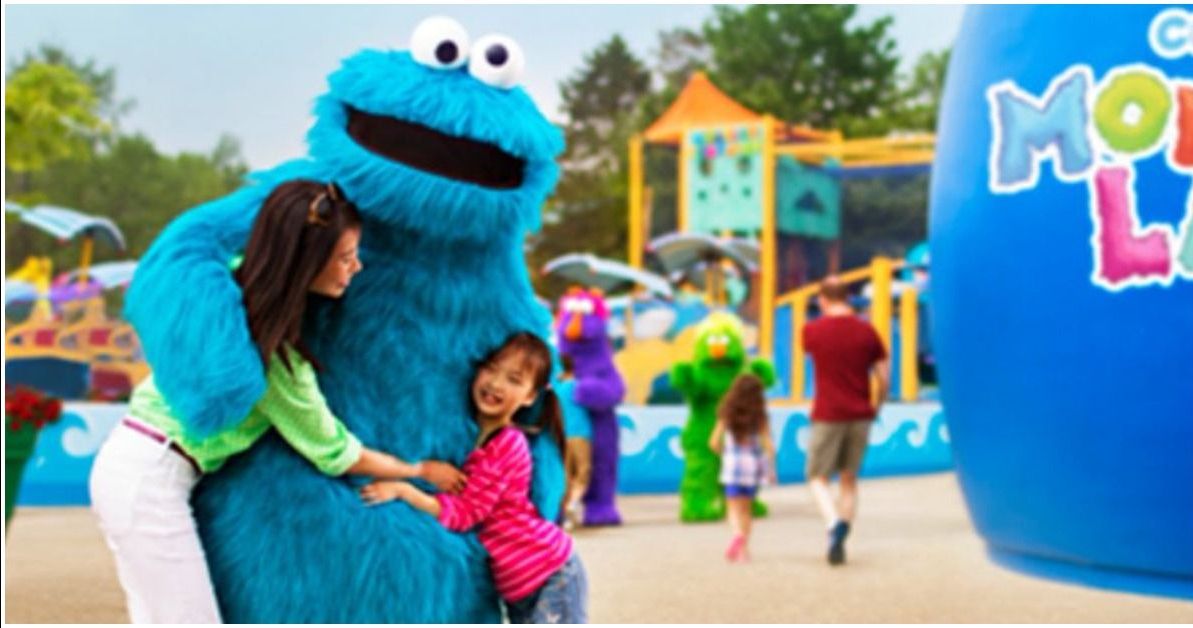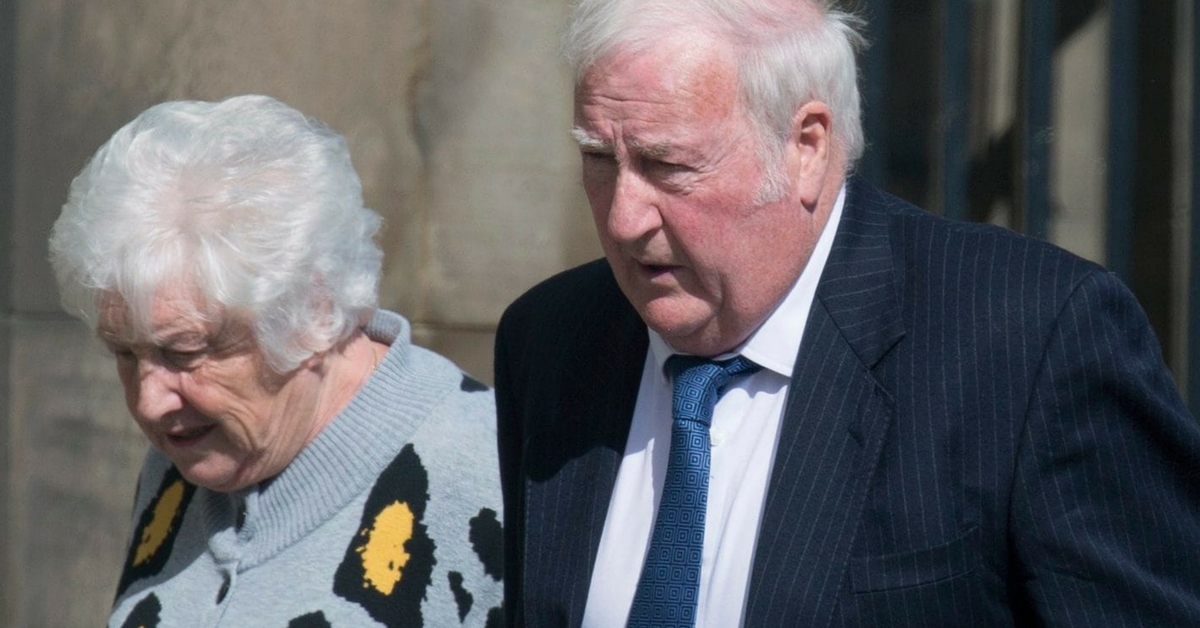Theme parks are loud, crowded, and full of distracting sights.
That's what makes them so fun, but it can also be a nightmare for children with autism spectrum disorders.
Even I don't like being caught in those huge theme park crowds to watch the parades and shows.
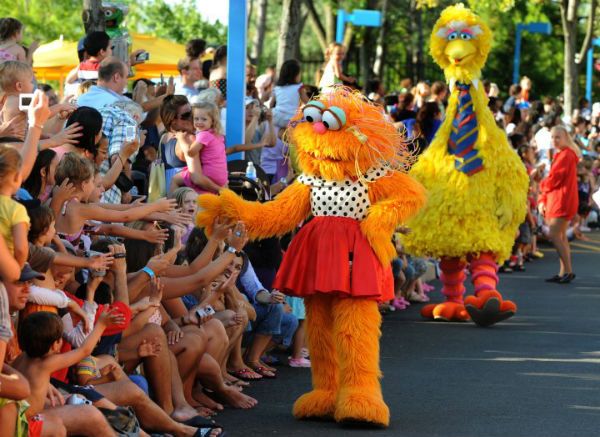
So imagine how stressful it can be for children with sensory processing disorder (SPD), which causes a kind of sensory overload.
That's why Sesame Place, a Sesame Street-themed park in Pennsylvania, has gone the extra mile to make its attractions autism-friendly.
The world's first accessible theme park?
This isn't the first time a theme park has worked extra hard to be accessible for all children.
Gordon Hartman was inspired to open Morgan's Wonderland, an "ultra-accessible" theme park in Texas, because he was tired of his daughter being treated differently by other children.
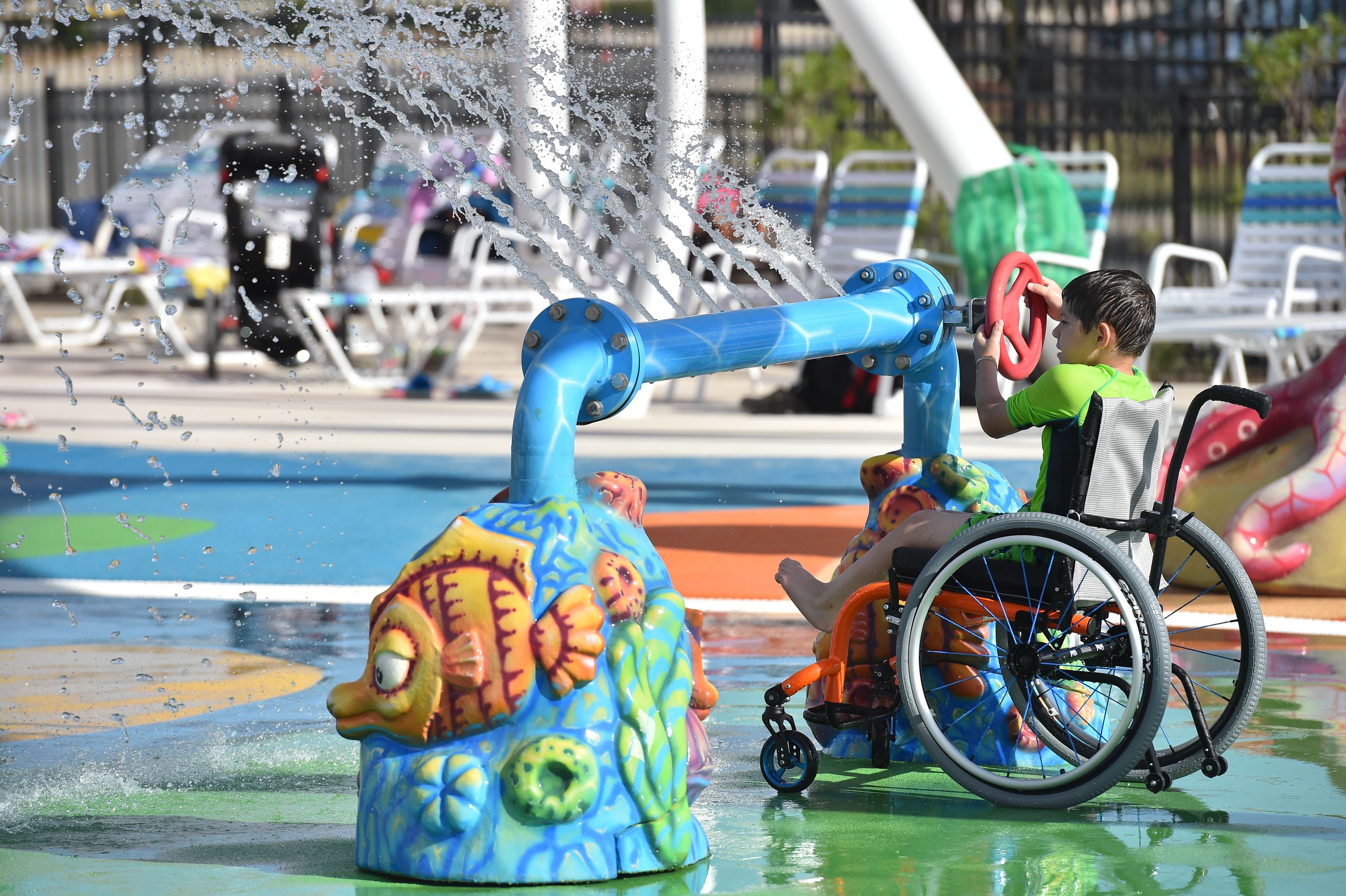
Along with the usual rides, games, and entertaining shows, the park is 100% wheelchair accessible.
Plus, children with disabilities or "special needs" get free admission, no questions asked.
Parents can even rent non-electric wheelchairs that are perfect for the park's splash pads and kiddy pools.
But Sesame Place has gone even further to make their park totally welcoming for kids with autism.
A growing need
According to the CDC, as many as 1 in 68 children have autism spectrum disorders.
But many children and adults without autism also suffer from SPD.

To make the world friendlier for people with SPD, many businesses are adding "quiet rooms," low-sensory shopping hours, and advisories for SPD patients.
But Sesame Place went the extra mile.
100% certified
Sesame Place has been certified an Autism Center by the international qualifying body IBCCES.
To earn that title, the park's staff had to get extra training to assist customers with autism and SPD.
That includes using different communication and social skills, and accommodating sensory reactions from children.
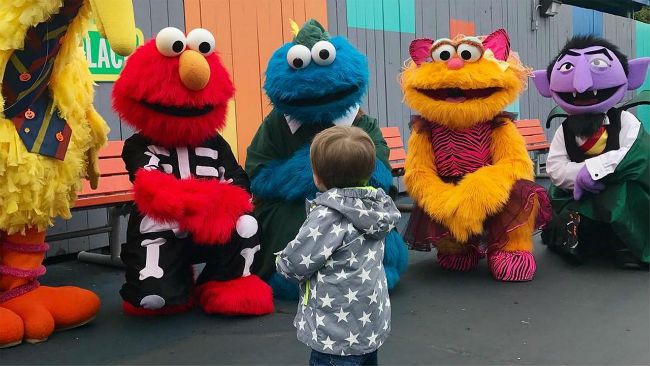
But the park also added some new features that families with autistic children will love:
- Children who struggle to wait in line can cut to the front using the park's accessibility programs.
- The park added a pair of relaxing quiet rooms, and low-sensory areas where families can watch the parades.
- Noise-canceling headphones are available for rent.
- The park has also made guides for parents, outlining what areas of the park are best for children with autism and SPD.
Of course, children can also meet their favorite Sesame Street characters, including Elmo, Big Bird, Cookie Monster, the Count, Bert and Ernie, and Grover.
As well as a new character who is very special to children with autism.
Meet Julia
Last year, Sesame Street made news when they introduced a new character with a surprising trait.
Julia, a yellow puppet with red hair, has autism, and was designed to teach children and their parents about the condition.
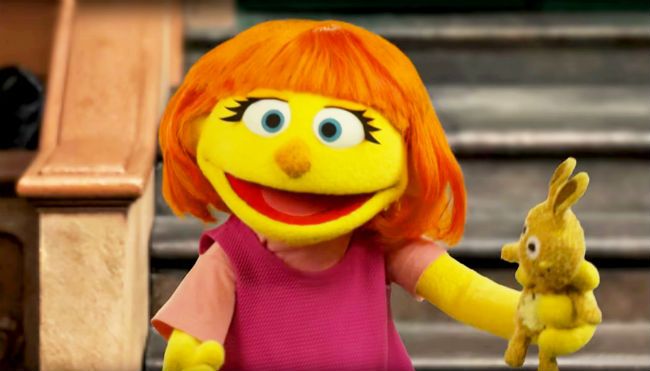
"Bringing Julia to life as a Sesame Street Muppet is the centerpiece of all of our new materials to support families of children with autism," a rep for Sesame Workshop said in a press release.
"We want parents and children to understand that autism isn't an uncomfortable topic."
Julia made friends with Elmo and taught him about her condition in a pair of special episodes last season.
New neighbors on the street
The same year, Sesame Street introduced Rudy, a fuzzy orange monster who was Abby Cadabby's new step-brother.
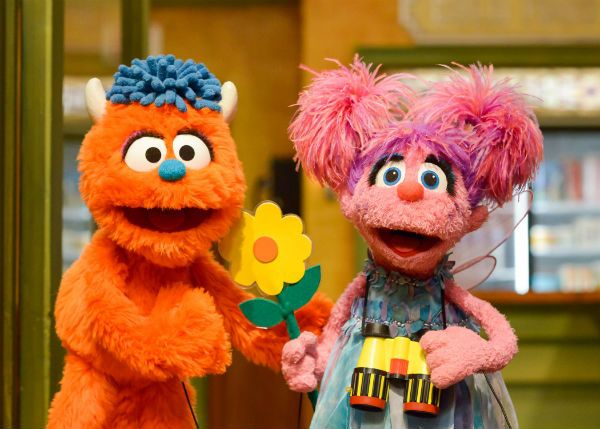
Rudy was meant to teach kids about new siblings and blended families (Abby is a fairy, while Rudy is a monster).
"Families come in many forms "” including newly-blended families, which can present unique challenges for kids," the show said in a press release.
"Kids will watch as Abby and Rudy meet for the first time, get to know each other, and overcome their differences to embrace their new sibling relationship."
But Sesame Place isn't the only business making big changes to welcome autistic customers.
Making stores more accessible
More nationwide chains are adding sensory-friendly shopping hours and events to their schedules.
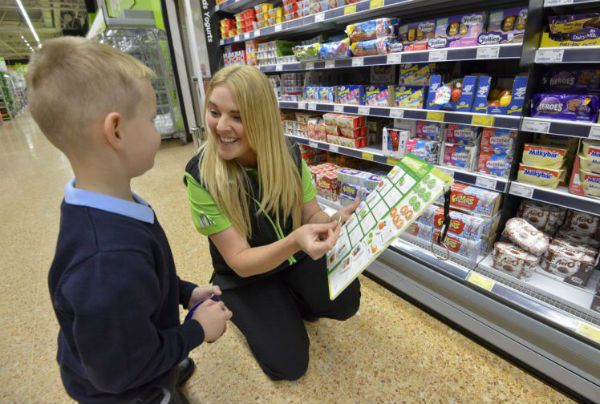
These feature dimmed lights, smaller crowds, and no distracting music. All-in-all, the experience is designed to be relaxing and welcoming for people with SPD.
Certain locations of big box stores like Target are including sensory-friendly shopping times, while Toys "R" Us published a "Toy Guide for Diffrently Abled Kids" before it went bankrupt this year.
Chuck E. Cheese has just announced it will be offering "Sensory Sensitive Sunday" for children with autism too.
Quiet Rooms
While not every venue can be autism-friendly, many stadiums, airports and stores are adding "quiet rooms" where families can relax and recuperate.
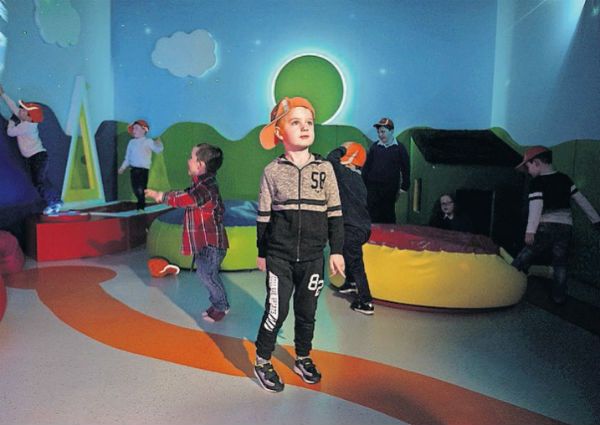
So far, four NBA teams have added quiet rooms to their stadium, along with the Shannon Aiport in Ireland.
These rooms feature a quiet atmosphere, dimmed lights, and soft chairs to lie down on.
Glad to see the world is getting more friendly for children with autism!
[H/T: New York Post]
